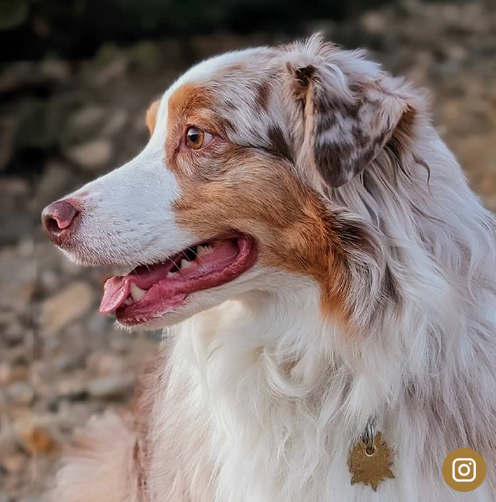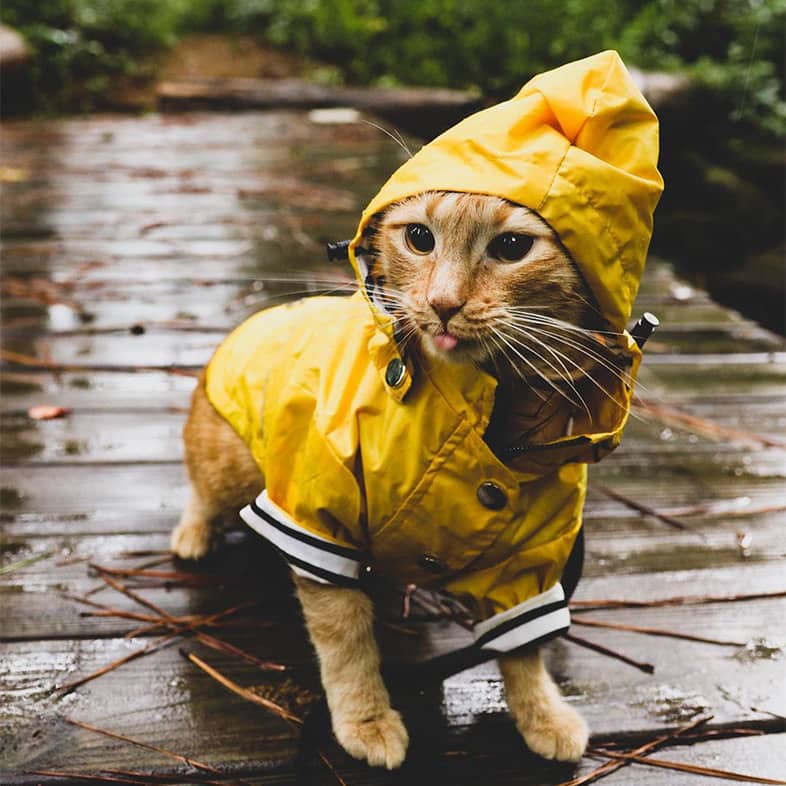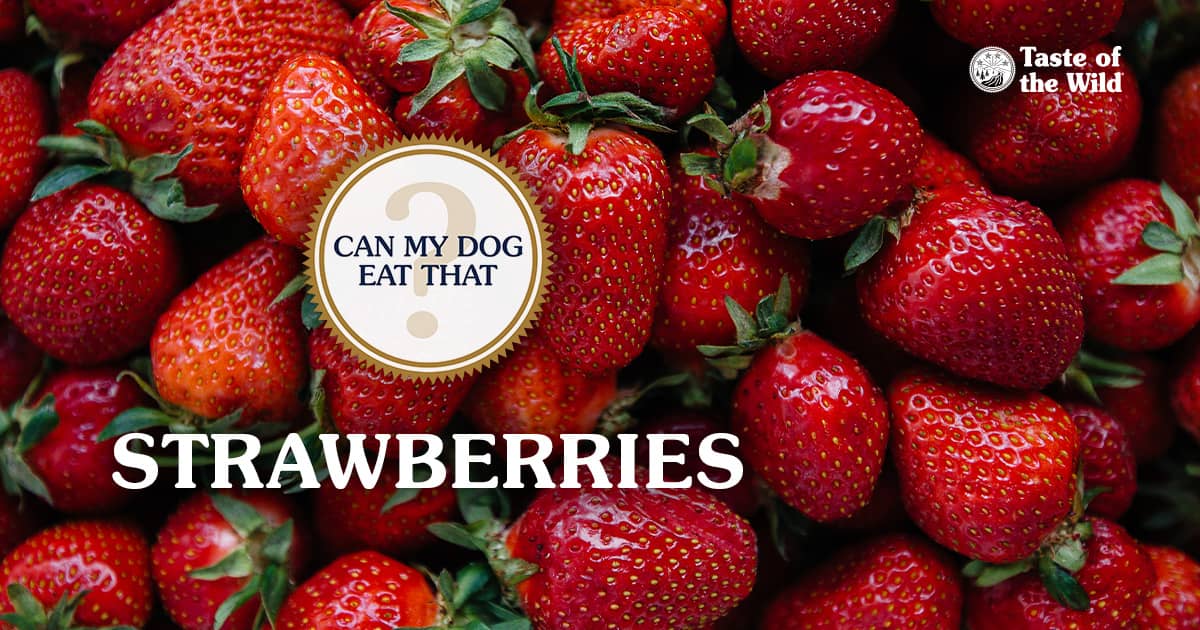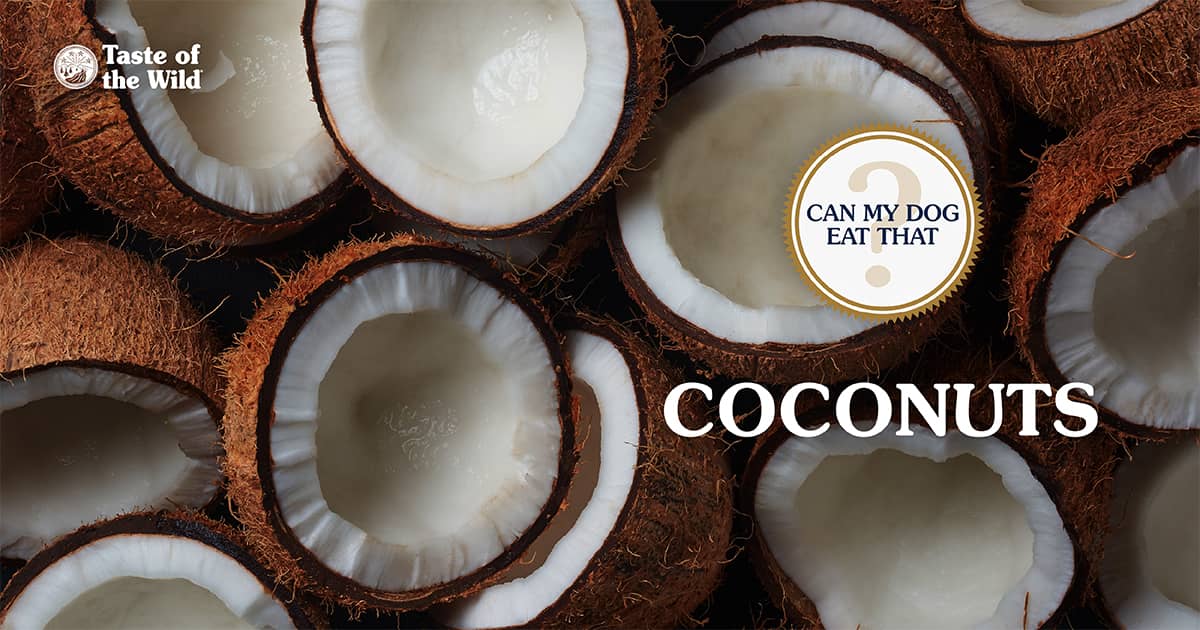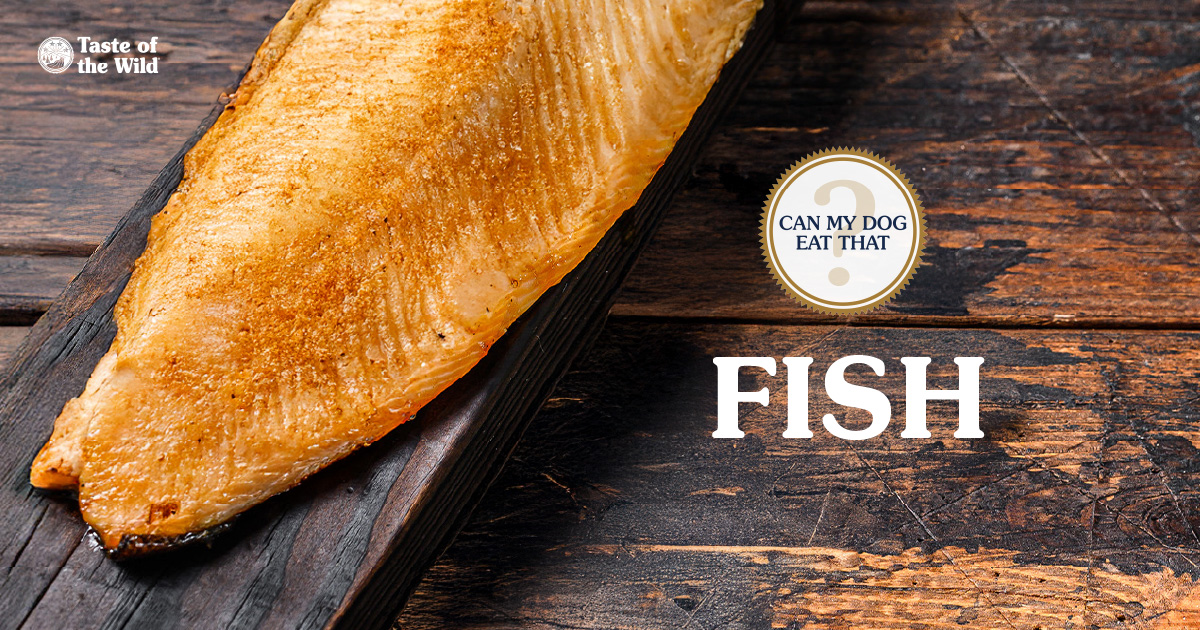Can My Dog Eat That? Snow
Thursday, January 5, 2023 | Can My Dog Eat That

Welcome to “Can My Dog Eat That?,” our series that answers some obvious (and not-so-obvious) questions about what your dog can and can’t safely eat. Read on!
It’s a romantic notion to head out into a winter wonderland and catch snowflakes on your tongue, isn’t it? Most people have probably done it at least once or twice in their lives. Dogs, too, seem to enjoy snow on their tongues. The difference is that while people rarely chow down on snow, some dogs…do.
So, can eating snow hurt your dog?
No. Not in small amounts, anyway. Snow is just frozen water; for dogs it’s like a cool treat. A slushy, if you will. However, eating too much snow does contain dangers, although they don’t necessarily come from the snow itself.
S’no Business Like Moderation
Dogs explore the world with their nose and mouths, so it’s only natural for them to test that frozen fluffy fun on their tongues, especially during the first snowfall of the season. Tasting is A-OK, especially if it’s a fresh new layer. The issues arise if your dog is one of those who plows through mouthfuls of the stuff. The deeper you go, the more chances that there’s something nefarious in the snow. Rocks, sticks, leaves or other ground debris can make their way into the lower layers, and you obviously don’t want your dog eating rocks and sticks.
Colored Snow? A No-No-No!
We’ve all heard jokes about yellow snow, but many dogs will make a beeline right for it. Yellow snow is a smelly signifier that friends (or enemies!) have been hanging around, so it’s necessary to investigate. Light investigation with noses or tongues is pretty harmless, but you don’t want your dog eating big mouthfuls of yellow. You’re not sure who it came from, after all.
However, yellow isn’t the worst color in snow that your dog can ingest. Brown, black, pink, blue or pretty much any other color in snow is probably bad news. If the snow in question is covering pavement, there’s a good chance that cars have been there, and cars can leak all sorts of bad (yet colorful) liquids. Motor oil, wiper fluid and especially engine coolant can be deadly in even small amounts. Engine coolant (antifeeeze) can be deadly in tiny doses, so be extremely wary of green, blue or orange spots of snow.
Salt used for de-icing walkways is often tinted blue but might not have any coloration at all. If mixed with the snow your dog is eating, it can cause indigestion in small amounts or be deadly in bulk.
Brown, grey or black spots in snow might be dirt picked up from the ground, but it’s never a good idea for dirt and gravel to make its way into your pondering pup’s belly.
Low Body Temps
If your dog insists on eating large amounts of snow, their body temperature can drop to dangerously low levels, causing heart irregularities or even death. This would take a LOT of snow, but it’s definitely a concern.
However, if your dog is eating that much snow or regularly eating a lot of snow, it could be a sign of something more serious, like kidney failure or Cushing’s disease, an abnormality of the adrenal gland. If you think that your dog is regularly eating too much snow, contact your veterinarian.
Snow’s No Problem…Until It Is
In short, a little bit of fresh snow won’t hurt your dog. But eating too much, digging to deep or eating colored snow can be cause for concern. If you suspect that your dog has ingested something they shouldn’t have, call the ASPCA Animal Poison Control Center at (888) 426-4435 immediately, or consult your veterinarian.

RELATED POST: Can My Dog Eat That: A Guide by Taste of the Wild
The information in this blog has been developed with our veterinarian and is designed to help educate pet parents. If you have questions or concerns about your pet’s health or nutrition, please talk with your veterinarian.
